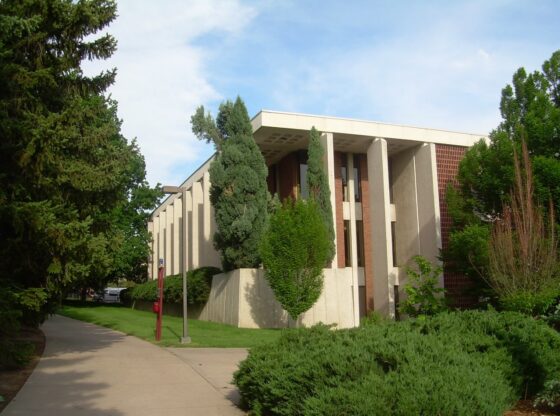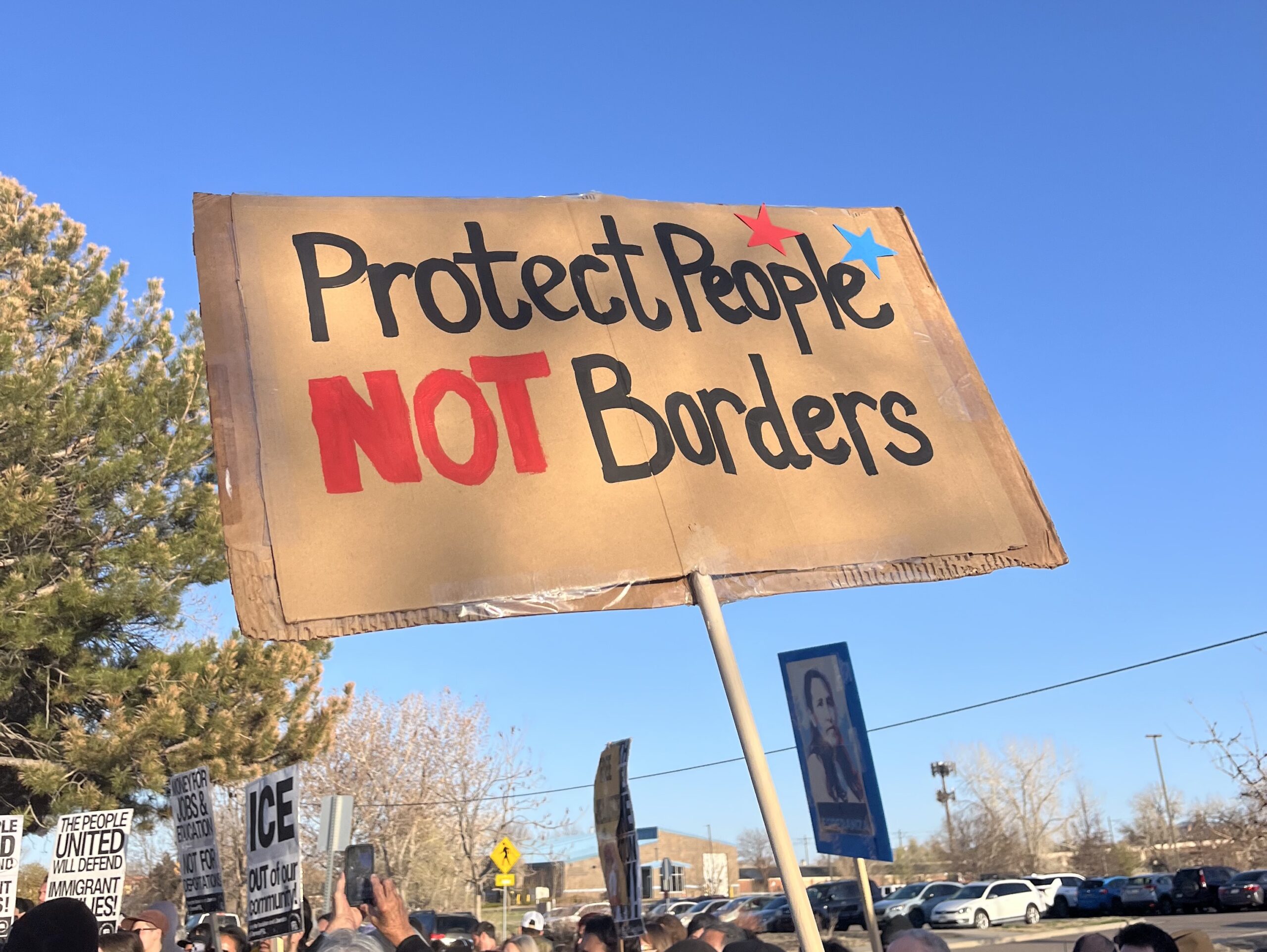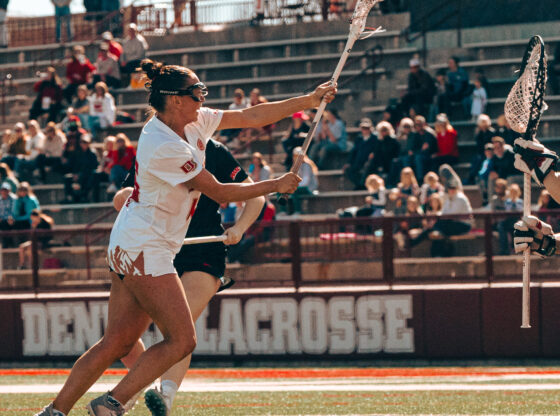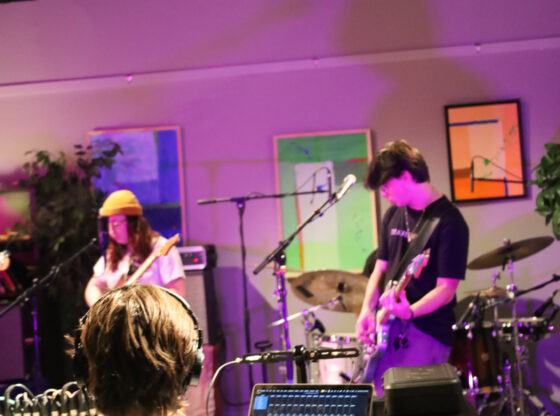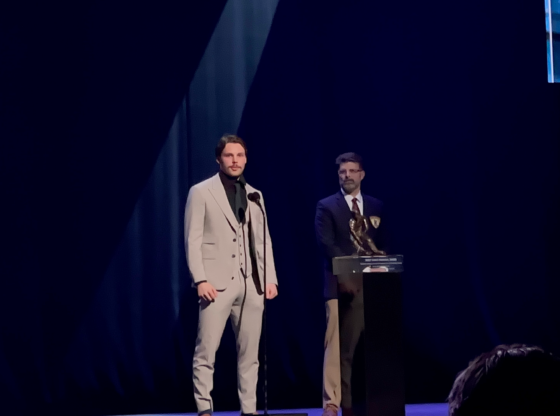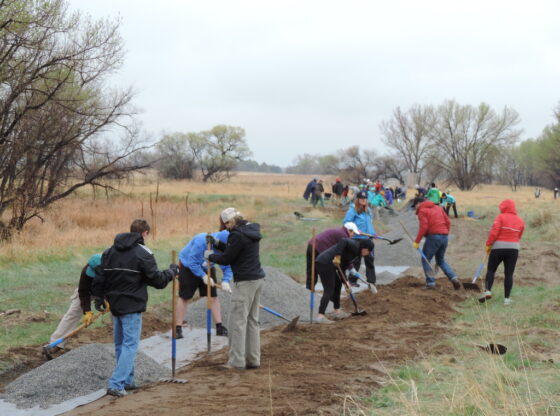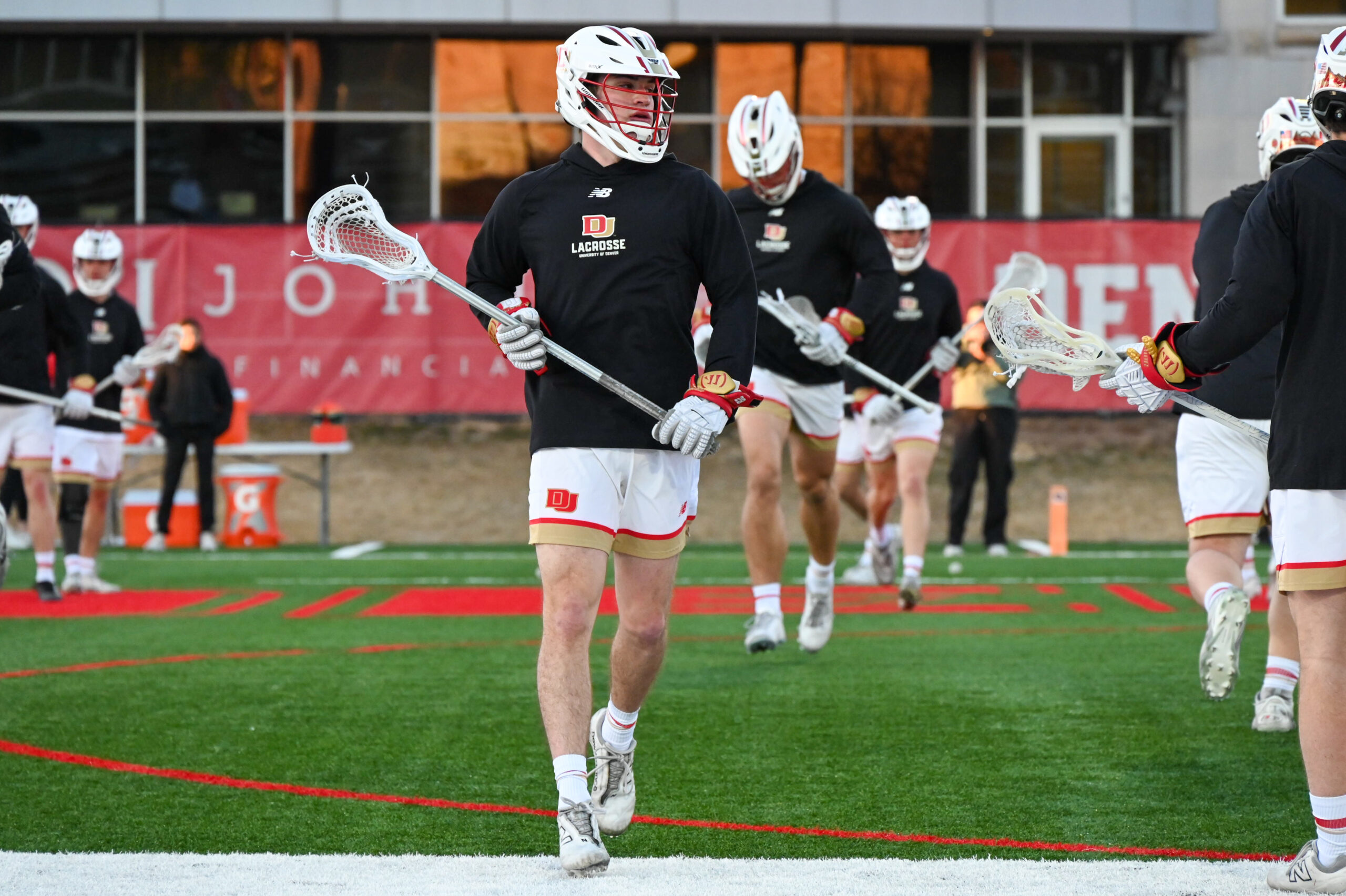Approximately 75 people attended a speech last week given by DU Professor of Anthropology, Dean Saitta, in which Saitta discussed his differences with David Horowitz, the Conservative author and TV personality, who has charged that college professors spread their liberal ideas among their students.
Saitta was one of the professors Horowitz named in his book, The Professors: The 101 Most Dangerous Academics in America.
In the book, Horowitz complains that a vast majority of professors indoctrinate America’s youth with liberal-based ideals.
Horowitz believes this liberal bias corrupts American higher education.
“It’s not always a happy experience to be on a blacklist,” Saitta said. “This is a conservative, right-wing attack on the university.”
Saitta explained that one of the key reasons Horowitz believes he is a “dangerous” professor is the fact that, according to Horowitz, Saitta is a supporter of Ward Churchill, the University of Colorado professor who said the 2001 terrorist attacks were justified because the United States and its corporations used tactics to exploit people in other countries.
Saitta believes Horowitz is wrong in his assumptions that Saitta is an advocate of Churchill’s.
In fact, to support his case, Saitta presented a statement on academic freedom he wrote for the DU Faculty Senate in which he said that “my concern is for thousands of professors other than Churchill who use informed, provocative… speech every day as a way to stimulate discussion, debate and critical thought.”
Saitta said he is not an ardent supporter of Churchill’s, as Horowitz thought, but rather a supporter of the right to freedom of speech.
Saitta discussed Horowitz’s justification for his belief that left-biased professors are corrupting universities.
In his book, Horowitz writes that professors are going beyond their area of expertise, and that there is evidentiary basis to support that liberals outnumber conservatives at U.S. colleges.
In his book, Horowitz also equates faculty academic freedom with student academic freedom, which Saitta sees as a major problem.
Saitta said this idea has encouraged the introduction of legislation that would give students the right to sue professors who teach ideas with which students might not agree.
“This would not only violate faculty academic freedom, but also take the country back to the Dark Age,” Saitta said.
Saitta further argued that Horowitz’s view disrespects the intellectual capability of students because it assumes that students will simply submit to the perspectives of their professors.
Saitta said he believes that learning is enhanced when teachers and students are free to express their diverse views and engage in discussion and debate.
“Partisan politics in the classroom – left, right, center and beyond – is not a bad thing when it serves the cause of critical thinking and civic engagement,” Saitta said.
Saitta presented sections from Horowitz’s Academic Bill of Rights.
He said he agrees with the Academic Bill of Rights statement that says, “academic disciplines should welcome a diversity of approaches to unsettled questions.”
However, Saitta believes that the authors of the bill used the term “diversity” in terms of political party affiliation, which he says is a “narrow view of diversity.”
Saitta concluded his discussion by saying that the more significant issues in higher education are accessibility, affordability and accountability.
“We should be focusing on what students need to know, what professors should be doing aside from teaching and researching and what we should be doing to engage the public,” Saitta said.
David Barash, another “dangerous” professor from the University of Washington, will be presenting a lecture on Tuesday, Feb. 13, at 6 p.m. in Sturm 451.



